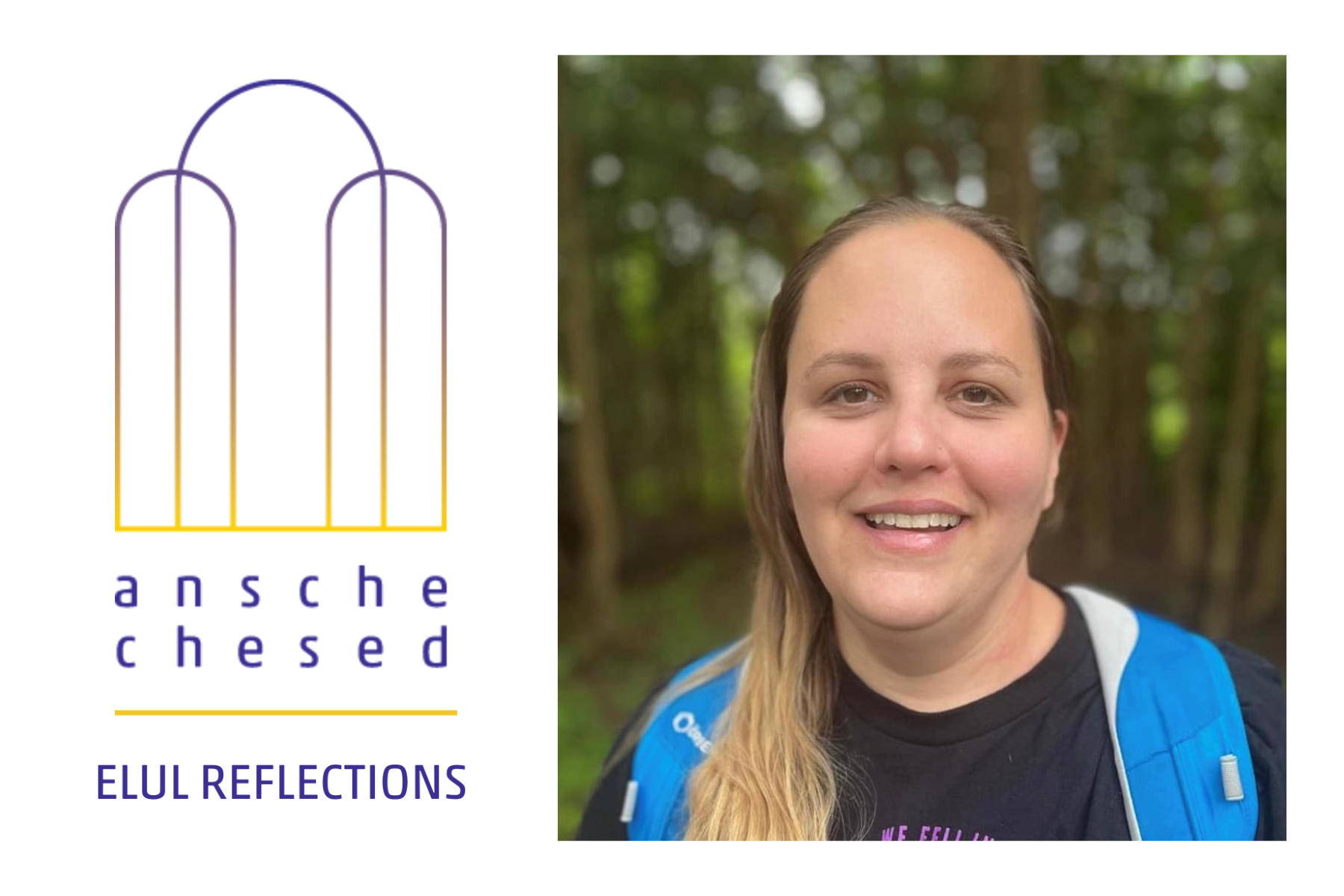On October 7th, the world shattered… and on October 13th my first nephew, little Dovid Shapiro, arrived. He was certainly one of the cutest, smartest and most angelic newborns ever, and being born to my 45-year-old brother and his wife, a long-awaited gift. But how could I possibly even feel a spark of joy, while so many other aunts, mothers, uncles and fathers were in mourning? Should I feel that joy, and just how much was o.k.?
There is so much in our texts about grief rituals AND about the mitzvah of joy, our obligation to rejoice at certain times, be satisfied with what we have, and find moments of gratitude every day.
So, what did I do; what did we do at Ansche Chesed? I did what I knew how to do best, what my Judaism (and my social work training) has taught me. I…showed up. As Rabbi Sharon Brous tells us in the very first chapter of The Amen Effect, “It [an ancient pilgrimage ritual] has been my constant companion these past many years, sharing my ever-growing understanding of the human heart and power of community. It has taught me the transformative nature of showing up when we want to retreat, of listening deeply to each other’s pain even when we fear there are no words. Of grieving and rejoicing together, and recognizing that even though we can’t heal each other, we can and we must see each other.”
I showed up when people just wanted to chat on the phone, in Ansche Chesed staff meetings when we were diving into how to best serve and hold our community during this time, and at our services and our events. Sometimes I was there front and center, and sometimes I was in the back, quietly listening and observing, trying to hear what people were saying (or maybe what they weren’t saying) about what they needed.
I saw our community come together, to mourn, and yes, to even share our simchas over the last year. We showed up to comfort, to discuss and question, to pray, and to just be together. In my very first year at Ansche Chesed, I saw what a truly beautiful kahal we have, both in times of immense joy, and in times of the most intense sadness. And it has been an honor.





